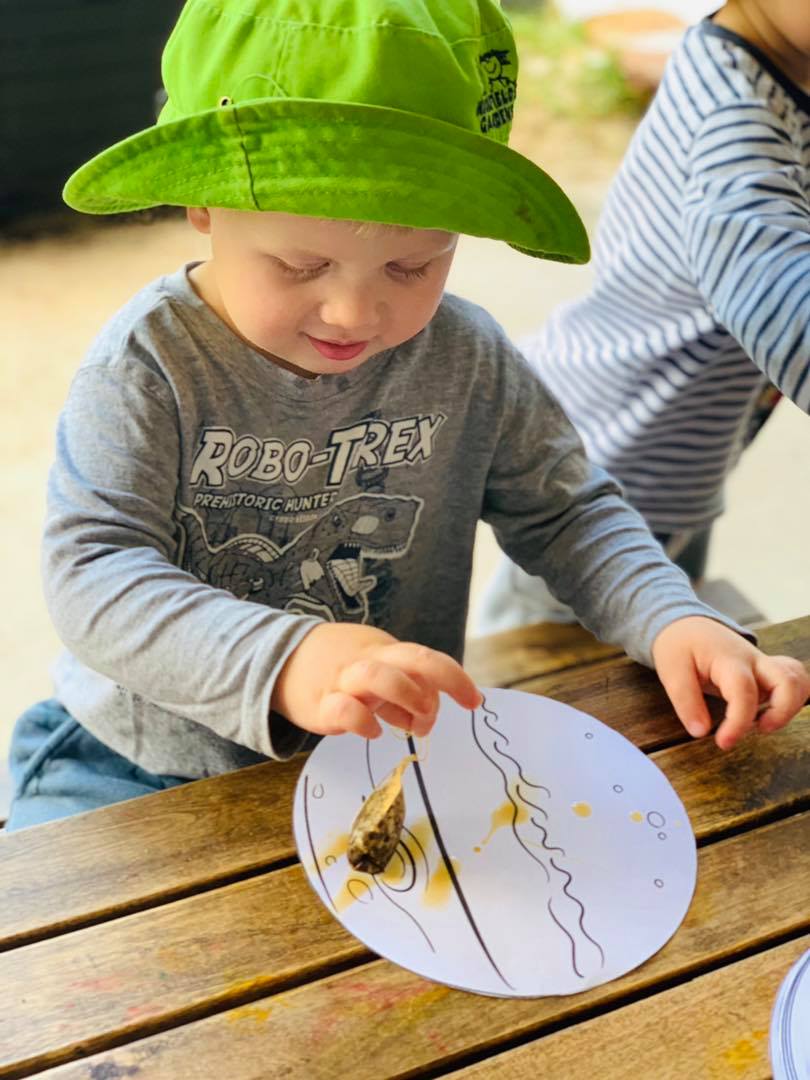Learn about our teaching approach
Our Education Philosophy
We adopt a variety of the world’s leading theories and approaches to ensure children’s learning and development is at the centre of everything we do. We take a collaborative approach to the learning process where we observe and adapt our teaching techniques to support the individual needs of each child. We listen attentively to their ideas and perspectives and tailor our curriculums and programs to suit, utilising a variety of proven strategies from meeting the child where they are, to providing structure and support along the way.
We understand that each child’s learning and development is influenced and enhanced by a variety of external factors and environments, which is why we incorporate the following into their daily experiences:
Families and Culture
Celebrating the individual characteristics of each child by partnering with parents to understand personality, culture and values.
Health and Wellbeing
Prioritising each child’s basic, psychological & self-fulfilment needs from nutrition to positive social skills, relationships & self-esteem.
Connection to Nature
Our programs incorporate environmental and sustainability education and action, to ensure we always lead by example. Our centres are purposely built with natural environments to support this.
Community Participation
Enhancing a child’s connection to their community through exposure to new experiences, people and places to build a sense of belonging and identity beyond the centre and home environment.
Social Learning
Applying social constructivism theories to support collaborative learning experiences where children work together to reach their goals. Children and teachers collaborate, negotiate, question, discuss and hypothesise to learn together. This helps to build strong trusting relationships with educators, peers and a sense of belonging in their environment.
What sets us apart
We believe in letting children explore, engage and experience diverse, natural environments. From learning to build a house out of sticks, to the gross motor skills that come from balancing on a log and of course, learning to appreciate sustainability in everyday play.
The Early Years Learning Framework
We follow the EYLF as an early childhood curriculum framework which describes the principles, practice and outcomes to support and enhance young children’s learning from birth to five years, as well as their transition to school. The EYLF is a national programme aiming to deliver the following outcomes:
- Children have a strong sense of identity
- Children are connected and contribute to the world
- Children have a strong sense of wellbeing
- Children are confident and involved learners
- Children are effective communicators

